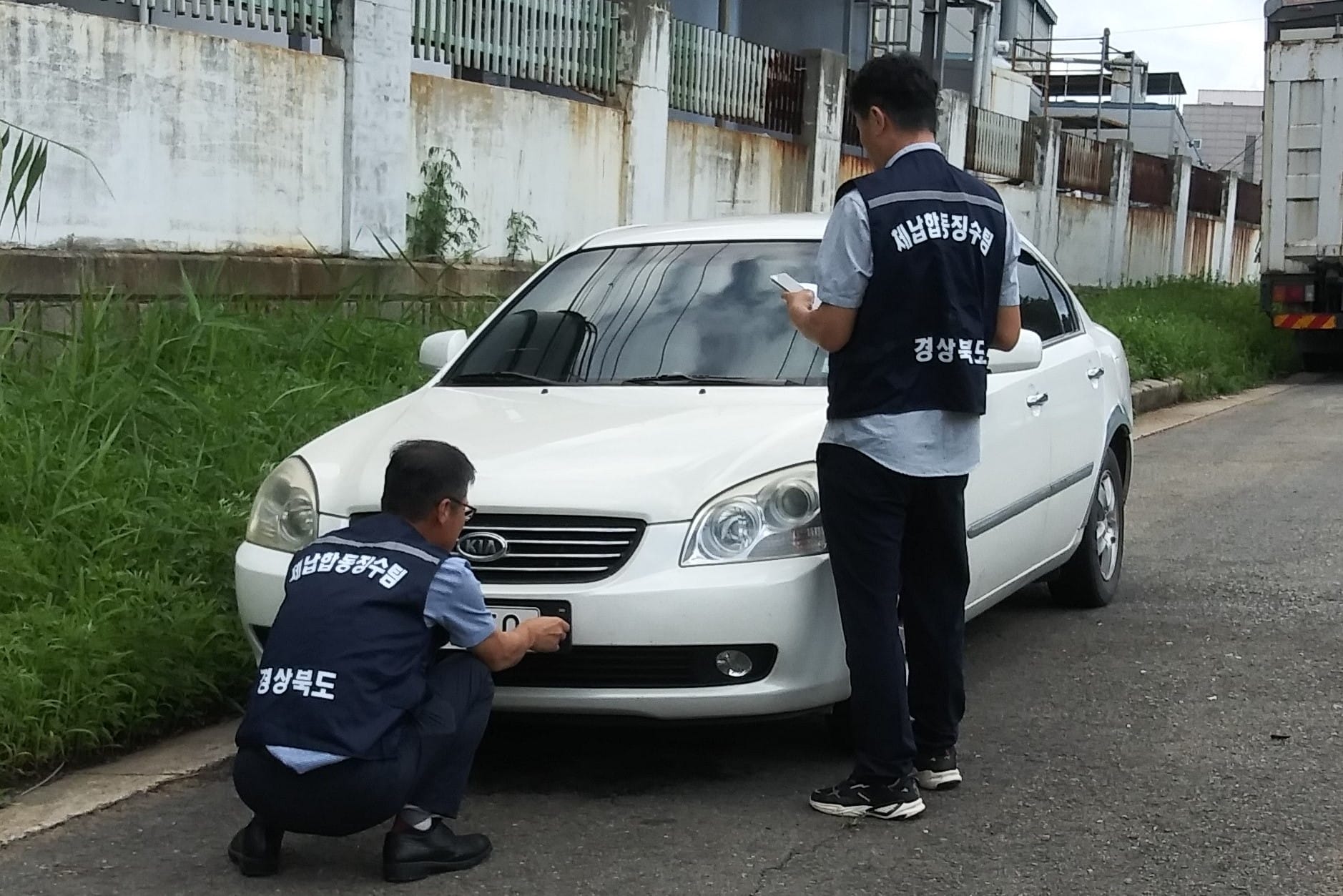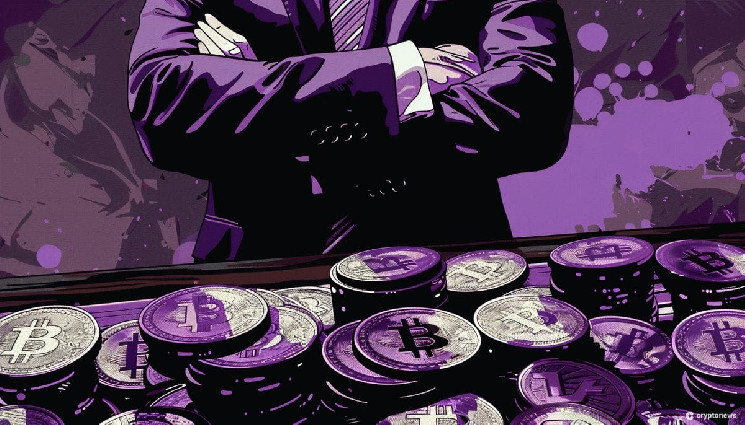The South Korean “crypto tax crackdown” continues its nationwide tour, moving on to the city of Yeongcheon in North Gyeongsang Province.
While crypto trading profits are not yet subject to taxation in South Korea, local authorities have been seizing and liquidating coins from so-called “tax delinquents” in a countrywide crackdown.
South Korean ‘Crypto Tax Crackdown’ Puts Yeongcheon in Spotlight
Per the newspaper Gyeongbok Shinmun, Yeongcheon city authorities announced on April 15 that it will “begin intensive collection activities” on unpaid tax bills.
Local tax bodies have been given powerful new software tools that let them comb domestic crypto exchange data in search of residents’ details.
They can use this data to match unpaid bills with corresponding crypto wallets and associated bank accounts.
The central government has granted them the power to freeze wallets, seize tokens, and even liquidate coins if they identify “tax dodgers.”
Yeongcheon will continue its campaign until June 28, the city announced.
Tax Officials Hunt for Cars, Crypto, and More
The campaign will also see license plate “retention” teams “patrol” the city’s streets. The teams will check “residential areas, high-density traffic areas, apartment complexes, and parking lots.”
The city said its teams would tow and impound vehicles belonging to tax delinquents. It said teams would “immediately sell vehicles at public auction” if citizens failed to settle outstanding tax bills.

Officials from Yeongcheon’s local authority remove a car license plate as part of unpaid tax-related asset seizures. (Source: Yeongcheon City)
Some citizens have claimed they do not have sufficient funds to pay their local tax bills. But the city said it would check the veracity of their claims by checking their crypto wallets. It will also check for “investments in secondary financial institutions.”
The media outlet wrote that one of the main reasons the city was acting now was due to a recent rise in Bitcoin prices.
Reinvigorated markets, the media outlet explained, made “it more likely that tax delinquents will invest in cryptoassets.”
Oh Young-ho, the head of the city’s Taxation Department, said:
“We are grateful to citizens who faithfully pay their taxes despite the recent economic downturn. We will […] boost local tax revenues by taking strong measures against repeat tax offenders.”
Earlier this month, tax officials in Pohang, in the same province, said they would seize crypto from 5,208 “local tax dodgers.”
The drive nationwide drive saw tax officials confiscate almost $29 million worth of coins and fiat from crypto wallets in 2023.

